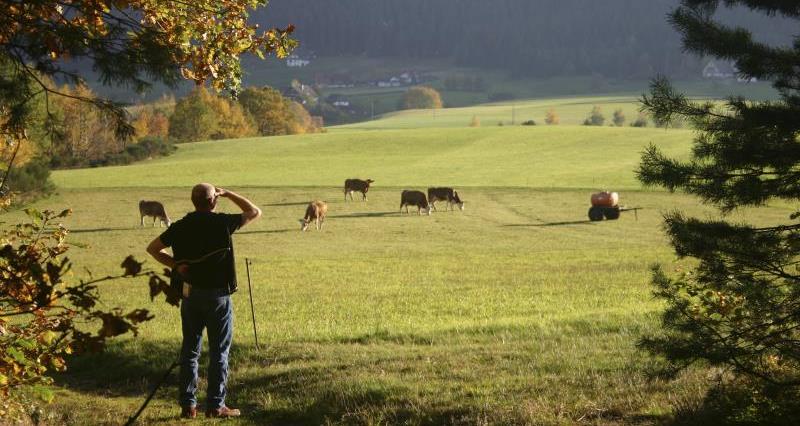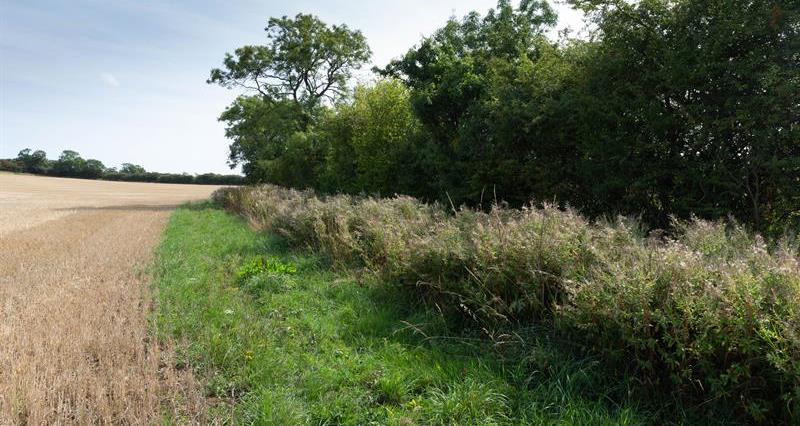Such paths have often not been used for more than 70 years, with some now passing through the gardens of family homes, working farmyards or commercial premises, but NFU members have regularly received notice of applications, spurred by campaigning from access groups.
The NFU has been actively campaigning for more than 10 years to bring about changes to historic rights of way legislation, with the previous government laying down an SI to extend the cut-off date to 1 January 2031 last year.
The government has now said the cut-off date will be repealed when ‘parliamentary time allows’.
Once a right of way has been established, the relevant local authority will then be legally responsible for maintaining them along with the appropriate landowner, Defra has said, in a statement timed to land on Boxing Day.
Long delays
Previously, the CRoW (Countryside and Rights of Way) Act 2000 set a cut-off date of 1 January 2026 for unrecorded historic RoW to be registered.
In March 2023 the Secretary of State reversed a decision made a year earlier to scrap this cut-off date, with the previous Conservative government committing to use existing powers from the CRoW Act to extend the deadline to January 2031.
NFU Deputy President David Exwood said the decision to remove the cut-off date “means these claims will continue to disrupt many farm businesses for years to come”.
“To really benefit the public, who visit rural areas in their millions each year, we need a rights of way network that balances public access with productive farming.”
NFU Deputy President David Exwood
The announcement fails to address how the backlog of current claims will be cleared – each claim has to go though an evidential process often resulting in legal action assessed by the local authority. This can lead to long delays that impact a farmer’s ability to manage or develop their land.
For example, Lincolnshire has more than 500 claims in the system and can only process around 80 per year.
With no deadline now for submitting these claims, the backlog is only going to grow.
David added: “To really benefit the public, who visit rural areas in their millions each year, we need a rights of way network that balances public access with productive farming. This current plan simply perpetuates an outdated focus on routes that haven’t been used for centuries. Instead, the focus should be on a network fit for the future that encourages responsible use, respects working farmland, and promotes safety in accordance with the Countryside Code.
“This way, the countryside can continue to show people where their food comes from and provide great mental and physical wellbeing benefits, all while allowing farmers to manage their land effectively and continue to produce fantastic British produce.”
Reforms package
There are several provisions in the Deregulation Act 2015 which aim to speed up the processing of claims, but those provisions remain unenforced while the fine details are thrashed out.
In 2023, Defra had proposed a timetable for implementing the remaining legislation, but this has now been further delayed by the government. The NFU has expressed frustration with the delays and is telling ministers that rapidly progressing the rest of the reform work is now essential.
NFU here for you
NFU members affected by these issues can get free initial legal and professional advice from NFU CallFirst on 0370 845 8458.
Individuals who have been notified that an application has been made in relation to a route crossing their land should also consider seeking independent legal or professional advice regarding their situation.


